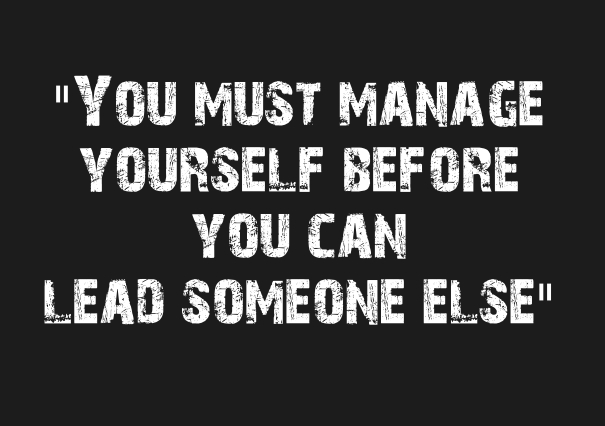A few years ago I read a fortune from a fortune cookie that said “ Leadership is the ability to hide your panic from others” and I thought, this is the strangest thing ever. You’d assume a leader is a leader because they have it all ironed out and have no need to panic, boy was I wrong. Aside from the very obvious form of leadership, motherhood, I had to develop and fine tune my professional leadership, which is very different from my role as a mom. As a mom my leadership is tiered and drawn out over Ava’s entire life, but professional and peer leadership is very “at the moment” focused.
My cultivation of professional leadership was thrust upon me at 23, when I became the office manager for an H&R Block location. I had recently become a certified tax pro and my district manager felt I was ready to lead an office, I was flattered but also nervous. I was the youngest employee in the office, and now I was the boss? I had to manage people twice and nearly three times my age and that alone seemed intimidating. The other component was meeting all these goals, deadlines and expectations where there was little or no room for error and sometimes that meant thinking on my feet. Spoiler alert, I still have my job so clearly I did something right but at times it felt like I was just winging it and that’s when that fortune cookie saying made sense to me, panic but don’t show it.
I didn’t really grow into myself or feel comfortable speaking to people until I hit my mid twenties, before that I would grin and bear it but I would turn really red, stumble over my words and rush through whatever it was I was saying. This job role, as well as my time at City Tech, helped me groom and polish my speaking and leadership skills because it showed me that when you have something to say people will listen, they will regard your words.
Leadership doesn’t come easy though, I have classes with peers who are deathly afraid of speaking to the class and during group projects they hide behind the podium and happily let me speak. As I’ve taken senior courses though, more and more professors stop me and call them out, because I have this skill and rather than do it for my peers I should teach them or encourage them to be able to do the same. At first this annoyed me (because I hate group work and my doing the whole project is just easier to me) but then I realized that at one time it was me who was hiding beside the podium and being a wallflower. I had a math professor who made us present algebraic equations in a group project and I am awful at math so I took a back seat, but this professor wouldn’t leave me alone she made me read and do more than half the work when we presented, and I though I’d die. Clearly I didn’t die because I wrote this blog post but I do recall the fear and anxiety that moment gave me and I realize why my professors now ask me to not just do the project for them but show them how.
Leadership is a learning curve and sometimes I am absolutely winging the sh*t out of whatever it is I’m doing, but I know if I don’t get it right there’s a lesson in there, be it don’t wait till 3 days before or how to better use a computer program, there is a take away. Leading is always going to be a give and take because a good leader knows sometimes the best form of leadership is stepping aside and taking notes, we can’t all be good at everything and a good leader knows that they don’t work above the team they work with them.




